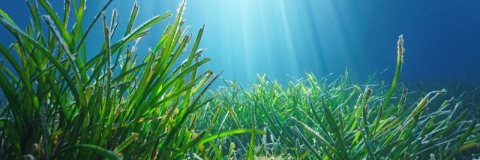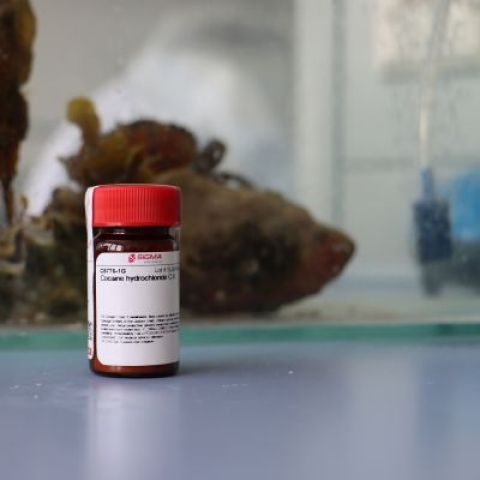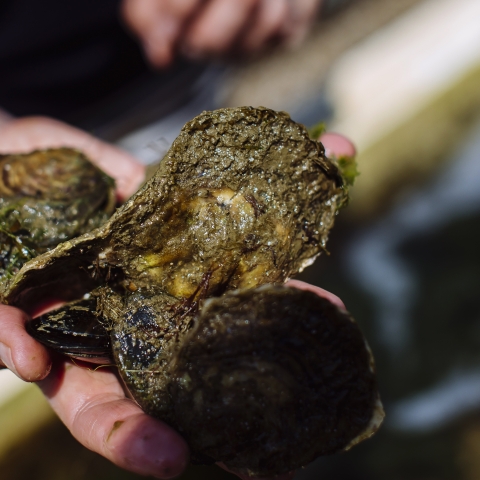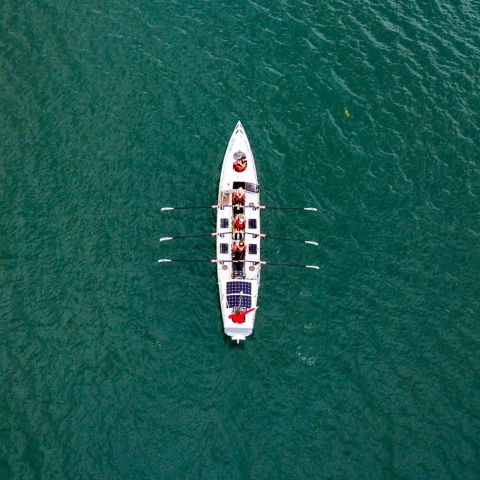
Sidebar navigation

The University of Portsmouth environment fund
Play a part in protecting the planet that sustains us
Humans are damaging marine ecosystems at an unprecedented rate and our research groups are at the forefront of understanding these impacts. A wide range of pollutants (microplastics, pharmaceutical compounds [e.g. Prozac], heavy metals, endocrine disruptors and anti-fouling paints to name a few) are being assessed by research groups to understand impacts on a range of different aquatic species and ecosystems. Your support will ultimately lead to better control of these substances and healthier seas
How you can help
By donating to the Environment Fund you can support research across the Institute of Marine Sciences, allowing marine science students and researchers to use the facilities to monitor and test marine environments and seawater.
Professor Alex Ford is an expert in marine biology, ecotoxicology and parasitology. He is working on an ongoing study looking at water quality in and around Chichester and Langstone harbours that has revealed high levels of potentially harmful chemicals.
Professor Alex Ford’s research looks at what impact chemicals can have on marine environments. He has already carried out research observing the disturbing impact of pharmaceuticals in harbour water, such as sea life changing sex and behaving abnormally. His work also explores some of the synergies between the effects of chemical contaminants on human sperm counts through to reproductive abnormalities found in sea life.
More than 50 chemicals discovered in water off Hampshire and West Sussex coasts
9 June 2023
8

Solent Seascape Project takes huge step forward to bring oysters back to the River Hamble
13 April 2023
4 minutes

National Survey finds microplastics pollution around Britain’s coastline up to 100 times worse than previously recorded
National Survey finds microplastics pollution around Britain’s coastline up to 100 times worse than previously recorded
27 March 2023
6 min read

